Children’s Eye Health
The Importance of Eye Exams
Clear vision is fundamental to your child’s development and overall well-being. Neglecting vision issues can lead to permanent damage, affecting their future. As a responsible parent, ensuring your child can see properly is not optional—it’s essential.
Act Immediately
Don’t wait for school screenings. Visit an optometrist or consult your health visitor if:
- There is a family history of needing strong glasses.
- Your child has a squint (misaligned eyes) or lazy eye (amblyopia).
- You notice your child struggling with their vision.
Children don’t need to read or talk for an eye exam. The NHS covers eye exams for children, so there’s no financial barrier.
Warning Signs
Get an eye exam if your child:
- Has one eye turning in or out, especially when tired.
- Rubs their eyes excessively (when not tired).
- Has watery eyes or poor hand-eye coordination.
- Avoids reading, writing, or drawing.
- Squints or frowns while reading or watching TV.
- Sits very close to the TV or holds books close.
- Shows behavioral or concentration issues at school.
- Complains of blurred or double vision, or headaches.
- Babies should follow moving objects by six weeks. If not, seek professional advice.
Common Vision Issues
- Long-sightedness: Can cause one eye to turn in; may need glasses.
- Short-sightedness: Regular exams needed if parents are short-sighted.
- Astigmatism: Blurred vision due to uneven eye shape; corrected with glasses.
- Lazy Eye and Squint
Early treatment of lazy eye and squints is crucial. The NHS recommends vision screening in the first school year. If missed, schedule an exam immediately.
NHS Support
The NHS provides free sight tests for children and vouchers to help with glasses costs. Failing to address potential eye issues can have lasting consequences. Act now—schedule an eye exam to ensure your child’s future.

